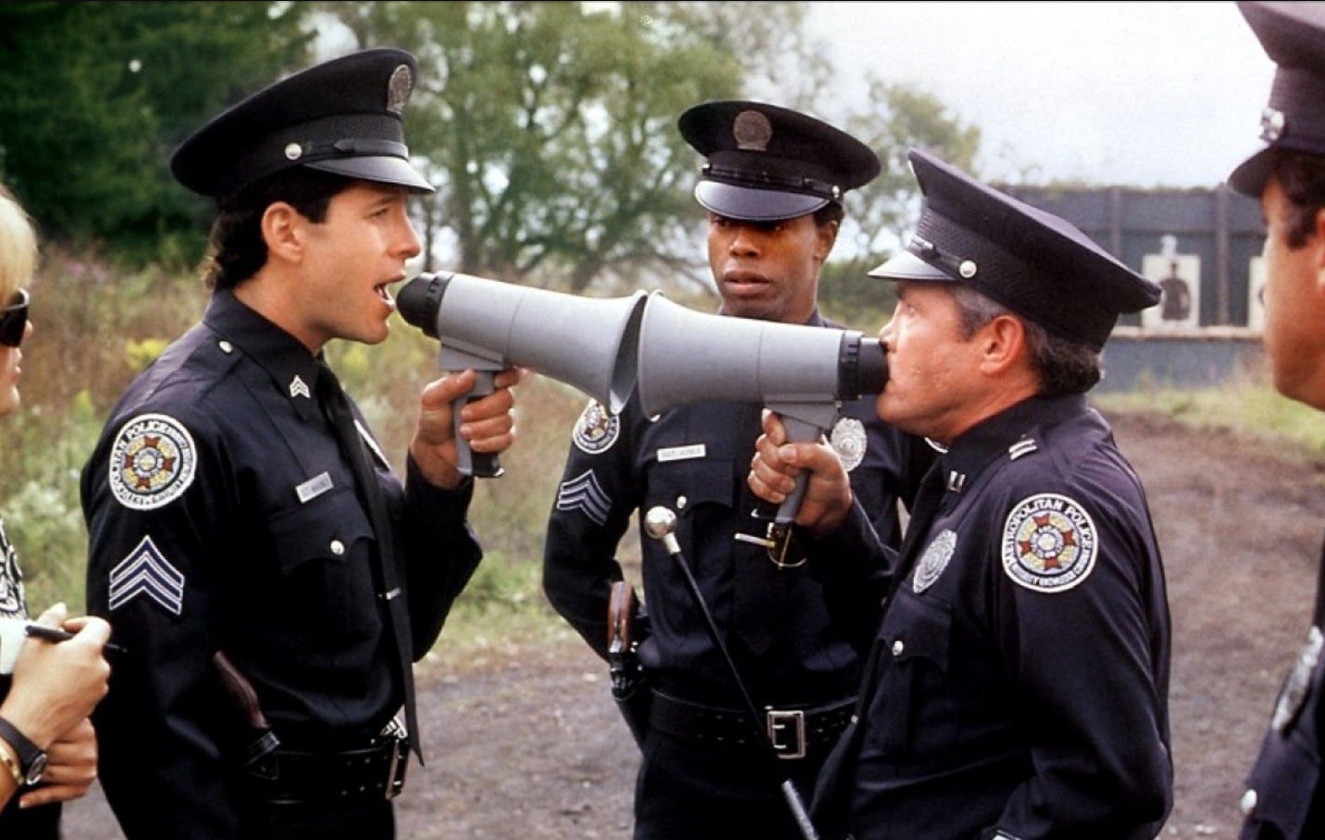When I was young, I never backed down in an intellectual argument. Part of the reason, admittedly, was that I was starved for abstract debate. Before the internet, anyone who wanted to talk ideas had to corner an actual human willing to do the same. Another big reason, though, was that I didn’t want to look stupid. A smart person always has a brilliant riposte, right? And if you shut up, it must be because you’re stumped.
At this stage in my life, much has changed. Public debates aside, I now only engage in intellectual arguments with thinkers who play by the rules. What rules? For starters: remain calm, take nothing personally, use probabilities, face hypotheticals head-on, and spurn Social Desirability Bias like the plague. If I hear someone talking about ideas who ignores these rules, I take evasive action. If cornered, I change the subject.
Why? Because I now realize that arguing with unreasonable people is foolish. Young people might learn something at the meta-level – such as “Wow, so many people are so unreasonable.” But I’m long past such doleful lessons. Note: “Being unreasonable” is not a close synonym for “Agrees with me.” Most people who agree with me are still aggressively unreasonable. Instead, being reasonable is about sound intellectual methods – remaining calm, taking nothing personally, using probabilities, facing hypotheticals head-on, spurning Social Desirability Bias, and so on.
In classic Dungeons & Dragons, characters have two mental traits: Intelligence and Wisdom. The meaning matches everyday English: high-Intelligence characters are good at solving complex puzzles; high-Wisdom characters have a generous helping of common-sense.
Using the game to illuminate life: Running out of things to say in an argument is indeed a sign of low Intelligence, just as I held when I was a teenager. A genius never runs out of rebuttals. At the same time, however, joining a fruitless dispute is a sign of low Wisdom. You have better things to do with your life than tell hyperventilating people all the reasons they’re wrong. A really wise person won’t merely break off such exchanges, but stop them before they start – and get back to work on his Bubble.
Here, in short, is wisdom: Be not a hostage to your own intellectual pride.
P.S. How do you know if a person plays by the rules until you actually engage them? Most obviously, watch how they argue with other people! If that’s inadequate, give promising strangers a brief trial period, but be ready to disengage if things go south.




